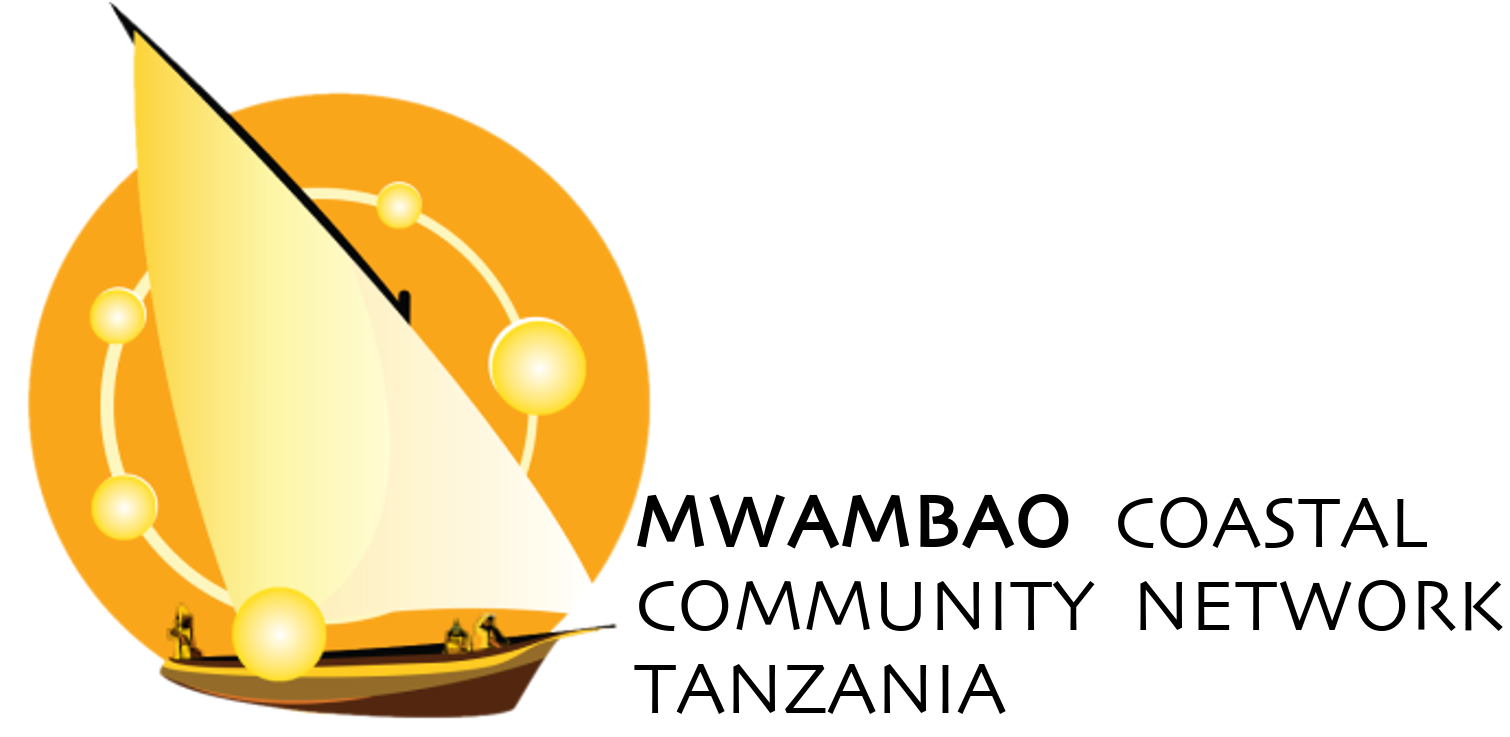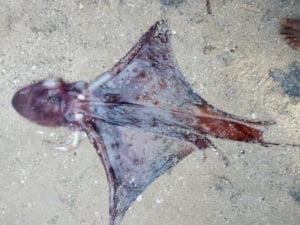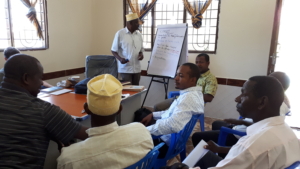OUR APPROACHES
COMMUNITY NETWORK & ADVOCACY
a network success story
Marine resources in Tanzania are being threatened by illegal fishing practices such as blast fishing and the use of harmful types of net, as well as an increase in pollution in the sea.
Fishing using explosives, blast fishing also known as “dynamite fishing,” has been widespread across the length of the Tanzanian coastline. Until 2017, dynamite fishing was considered to be more widely practiced than ever before and presented one of the foremost threats to the country’s rich coral reef and in-shore fishery resources, its lucrative coastal tourism industry, the livelihoods of the millions of people who depend on coastal fisheries for their resources, and the peace and security of Tanzania’s coastal areas.
Mwambao expanded its reach and impact to the mainland in 2014 through piloting a 6-month pilot project aimed at developing a network of blast fishing data recorders who are responsible for collecting and sharing information using a mobile phone application. Following this, Mwambao partnered with WWF and Sea Sense in an expanded joint project covering 24 locations along the coast.
Authorities are starting to recognise communities as competent partners in marine resource management, and two years of data gathered by communities about blast fishing in dynamite “hot spots” has helped government to pinpoint the areas that need monitoring and protection by the Multi-Agency Task Team (MATT).
rOLE OF THE NETWORK
Mwambao was founded on the idea of building a knowledge and advocacy network to bring together coastal communities and build capacity and resilience for the sustainable management of marine resources. Over the years its role has evolved into one more of an implementer and supporter on the ground, developing prototypes and strategies for improved community based marine management.
The network enables Mwambao to keep close to its constituents, as a forum through which to strengthen institutions, improve livelihoods, and influence government and other stakeholders. In addition, the network provides access to a range of individuals that it can draw upon when it needs an insight, skill or connection. Each year we bring representatives from the villages where we work to discuss and exchange experiences and insights.

LINKING COMMUNITIES FOR SUSTAINABLE COASTAL MANAGEMENT

The Mwambao network serves the following key purposes:
Knowledge sharing
Creating awareness among coastal communities about marine resource conservation, providing opportunities for horizontal learning and maintaining a platform for dissemination of best practices and interventions.
Collective action
Creating links between communities as a platform for acting together to address issues of collective interest, leading to a strengthened community voice that is empowered to take action.
Mwambao’s network creates resilience, and empowers communities to manage their resources in a way that is locally appropriate and meaningful, leading to improved and sustainable livelihoods and ecosystems. Most recently we have established a women fisher’s network specifically to address challenges that women fishers and fishworkers face.

Enabling community voice and advocacy...
...about key coastal management issues and to advocate for rights. Mwambao has gathered statements and testimonials from coastal stakeholders about detrimental practice of using explosives for fishing. This helped to put the practice into context and identify what is needed to curb this harmful activity. We have taken an active part with others in fighting against destructive blast fishing, reducing the practice by c. 95% in 2018. Unfortunately, this problem is now resurfacing and we are working with our network to take actions.

Providing a coastal communications platform...
...for sharing best practices and building skills and knowledge. Each year we bring together community representatives from our network to exchange stories, discuss common challenges and set a shared agenda of issues and priorities. We build local capacity to manage resources in the context of the existing legislative framework.

Facilitating conflict resolution...
...over access to resources at community level. Conflict for coastal resources includes access to freshwater by villagers and tourist hotels. We have helped villagers use community film to bring the issues to the table with the Zanzibar Water Authority and local hoteliers. Watch it here: https://www.youtube.com/watch?v=u-58FrxfG8Y

Providing a link for knowledge sharing...
...between scientists and local communities. Octopus biology dictates that a mature female needs at least 30 undisturbed days to brood her eggs. Therefore, by closing off an area for ideally three months octopus populations can quickly recover. By coordinating an octopus recovery period around Ramadhan, which is when octopus fetch the best price, we are bringing science and local cultural practice together for improved management.
LATEST NEWS: Community Network & Advocacy
OUR APPROACHES
There are eight core approaches underpinning our work. Click on one below to read more.
"Moto mkubwa unnanza
na chelhe ndogo ya moto"
"great fire can start
from just an ember"
SWAHILI SAYING












